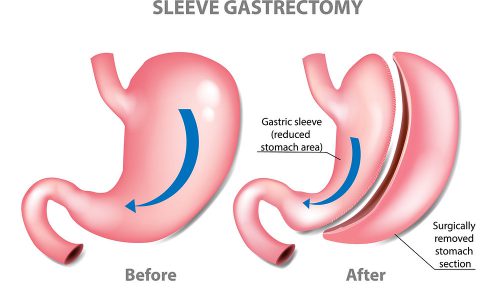What is Obesity?
Obesity is a medical condition characterized by excessive accumulation of body fat, which can lead to negative health outcomes.
It is typically determined by measuring body mass index (BMI), a calculation based on a person’s height and weight. Obesity is caused by a combination of genetic, environmental, and behavioral factors, including poor diet, physical inactivity, and genetics. It is associated with an increased risk of several chronic diseases, including type 2 diabetes, heart disease, stroke, certain cancers, and osteoarthritis. Obesity is a growing global health problem, affecting both adults and children, and is often considered a major public health concern. Treatment for obesity may include lifestyle changes, such as improved diet and increased physical activity, as well as medication or bariatric surgery in some cases.
Obesity is a major public health concern that can lead to various negative health consequences. Here are some of the potential health problems that obesity can cause:
Type 2 Diabetes: Obesity increases the risk of developing type 2 diabetes, a condition in which the body becomes resistant to insulin, leading to high blood sugar levels.
Heart Disease: Excess body fat can raise blood pressure, increase bad cholesterol levels, and cause inflammation in the body, all of which contribute to heart disease.
Stroke: Obesity increases the risk of stroke by promoting the formation of blood clots and the development of atherosclerosis, a condition where plaque builds up in the arteries.
Sleep Apnea: Obesity is a common cause of sleep apnea, a condition where breathing stops and starts during sleep, which can lead to poor sleep quality and daytime fatigue.
Joint Problems: Carrying excess weight can put stress on the joints, leading to conditions such as osteoarthritis.
Cancer: Obesity is linked to an increased risk of several types of cancer, including breast, colon, and prostate cancer.
Fatty Liver Disease: Obesity can cause the buildup of fat in the liver, leading to a condition called non-alcoholic fatty liver disease.
Reproductive Problems: Obesity can lead to menstrual irregularities, infertility, and complications during pregnancy.
Depression and Anxiety: Obesity is associated with an increased risk of depression and anxiety, which may be due to social stigma, poor body image, and other psychological factors.
Reduced Life Expectancy: Obesity can shorten life expectancy by increasing the risk of various health problems, including those mentioned above.
It is important to note that not everyone who is obese will experience all of these health problems, and not everyone who experiences these health problems is obese. However, the risk of developing these conditions is higher among people who are overweight or obese, and losing weight can help reduce the risk of these health problems.


Who is Suitable for Obesity Surgeries?
Obesity surgeries are recommended for individuals who have failed to achieve significant weight loss through diet and exercise, and who meet certain criteria.
Generally, candidates for obesity surgeries have a body mass index (BMI) of 40 or greater, or a BMI between 35 and 40 with related health conditions such as type 2 diabetes, high blood pressure, or sleep apnea.
Obesity surgeries may also be recommended for individuals with a BMI between 30 and 35 who have serious weight-related health conditions. However, the decision to undergo surgery should be made after a thorough evaluation and discussion with a qualified healthcare provider.
In addition to meeting BMI criteria, candidates for obesity surgeries should be committed to making long-term lifestyle changes, such as adopting healthy eating habits and increasing physical activity. They should also be in good overall health and have a thorough understanding of the potential risks and benefits of the procedure.
It is important to note that obesity surgeries are not a “quick fix” solution for weight loss and should be considered a last resort after other weight loss methods have been exhausted.
A multidisciplinary approach, including ongoing support from a healthcare team, is crucial for the success of obesity surgeries and long-term weight management.
Frequently asked questions
About Obesity Surgeries:
We offer procedures such as sleeve gastrectomy, gastric bypass, gastric botox, ileal interposition, and mini gastric bypass.
We have our expert team members here to support you! You can easily get a free consultation via phone, email, or our social media accounts.

